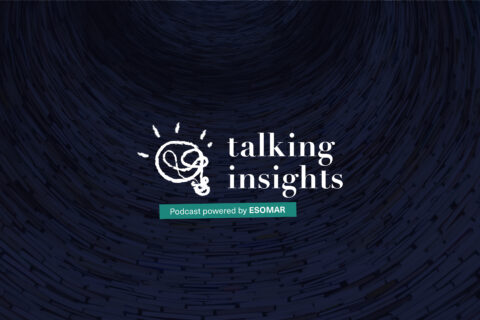An occasional series by Simon Chadwick on the post-crisis future of our industry
If the world were being diagnosed in a psychiatrist’s office today, the diagnosis might very likely be schizophrenia.
If you spend time online surfing through social media, you might be forgiven for thinking that the world had turned into a very nasty place. Anger and distrust abound. Disbelief and conspiracy theories are around every corner. Mendacity (the art of lying) thrives, while predominant emotions include hostility, disdain and contempt. Occasionally, we see these emotions and their associated actions spill into the ‘real’ world as well – which then in turn becomes the subject of even more nastiness and meanness online.
At the same time – and especially in the midst of COVID-19 – we often see, in the real world, acts of neighbourliness, concern for the well-being of others, altruism and charity. We witness huge sacrifices being made, even to the point of endangering oneself to help others. One only need think of the acts of doctors and nurses, caregivers in nursing homes and those who continue to work in ‘essential’ businesses just so the rest of us can continue to live something approximating to a normal life. Occasionally, this also spills over into social media as well.
The weird and amazing thing is that it seems we often see these same acts and emotions at work in the same people. I suspect I am not alone in seeing people for whom I have very high regard in real life behaving abominably online or peddling conspiracy theories that any sane person would instantly know were false.
What gives? There are plenty of experts out there who are more than willing to answer this simple question. Psychiatrists and therapists will give us one point of view, while self-help writers, journalists and TV talking heads will give us another. But it seems that there is one voice missing – that of the researcher.
Research in the era of COVID-19 has been very good at telling us what is happening in terms of consumer behaviour and political leanings, but not so good at telling us what on earth is going on in people’s minds.
Take, for example, the slide towards populism and authoritarianism in some of the world’s leading and largest countries – the U.S., U.K. and Brazil, just to name three. Recently I broached this subject in a book I wrote from an economist’s point of view. I could point to the increasing failure of the global liberal world order established after World War II, the frustration of people negatively affected by globalization and automation, and the rise in both income and wealth inequality. But still I could not get into people’s minds as to how they could hold so many conflicting theories and emotions in their brains at one and the same time.
What does motivate someone who combines distrust, disdain and contempt with altruism, concern and charity? What are their stories and what are the stories that they are telling themselves? Where are they getting these stories and why?
I believe that we, as researchers, are very good at telling stories of what is and why in relatively narrow contexts but not so good at looking at the bigger picture. Yes, we can say what people are doing and why in the context of the virus. We are pretty good at decoding people’s likely voting behaviour (not perfect, but pretty good). We are brilliant at understanding brand choice and shopping behaviour. We’re getting better at working out how the brain works. But it really is time that we dug deeper – much deeper.
Just what is causing the world’s schizophrenia? And how and why does it manifest itself in individuals? Is this not the ideal moment to tell the world’s story?
I know that I am guilty of constantly urging the research community to take on big challenges and that, to some, I must seem like a dreamer. But to quote John Lennon, “I am not the only one”. The world we live in today – a dangerous world and one that is in serious peril of repeating the mistakes of the not too distant past – presents an unique opportunity to researchers to dig deep, to uncover the stories that really motivate people to act as they do.
Imagine a global project built of a collaborative of brands, ad agencies, researchers, academia, associations and foundations, all with one aim in mind: to uncover the real stories behind our schizophrenic angst with a view to informing and influencing those in power to listen to them, hear them and take action. It could be the biggest act of data synthesis yet in the realm of understanding the human condition, involving primary research (both quantitative and qualitative), secondary data, academic treatises, social media analysis, ethnography and much much more.
All it would take is to get off our collective backside and do it.


